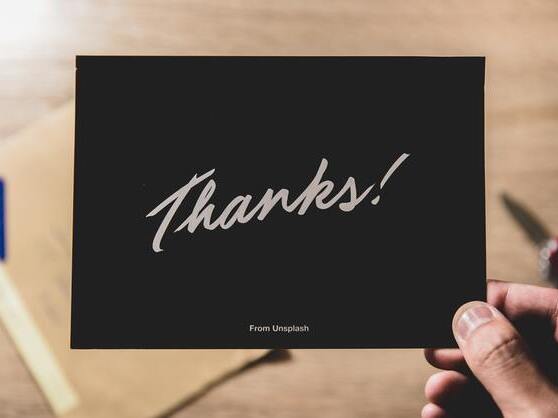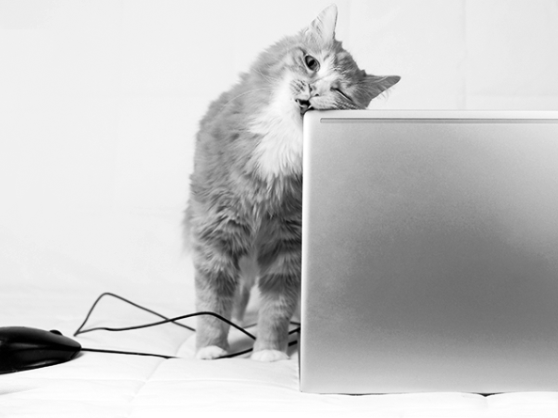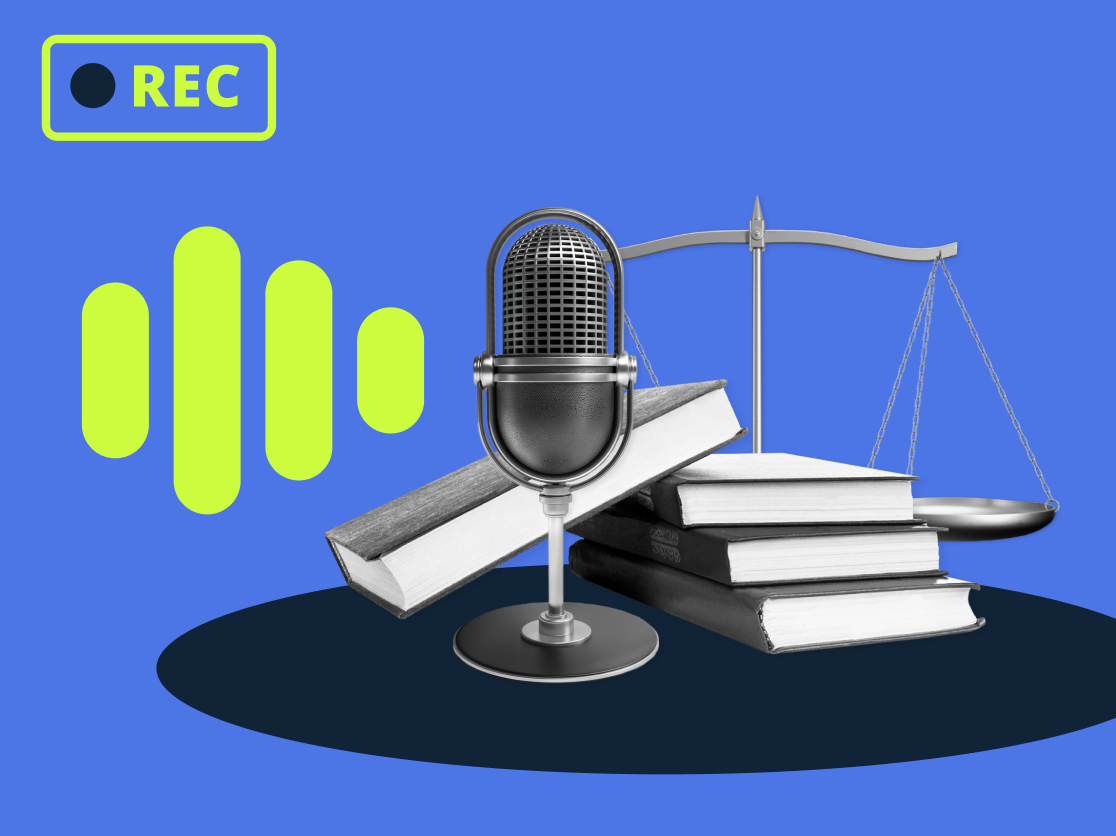Everybody loves to be appreciated when they do something meaningful. With every purchase your customers make, they are contributing to your business.
It is important to, from time to time, thank your customers (or business partners too!) and show them appreciation. This will help to strengthen your relationship and increase their customer loyalty.
It doesn’t take too much to make a good impression either, as a simple thank-you letter is an effective tool. It doesn’t take a lot of effort to write a thank-you letter. You should get it right when writing one though. A poorly written thank-you letter might end up putting the reader off instead.
When Do I Need to Write a Thank-You Letter?
There are different situations in which it would be necessary to send a thank-you letter, some of which include:
When there’s a new customer:
When a new customer makes a purchase or transaction, he might just be trying out your company, but it also might be the beginning of a new and successful business relationship. Writing the customer a thank-you letter will surely make them feel appreciated. Trust us, with a good thank-you letter, you’ve made a great first impression (besides your awesome products).
Referral:
You can send a thank-you letter to someone who recommends your companies to others. It would go a long way to show you appreciate this, and you can be certain that they’ll be incentivized to send more people your way.
The holidays:
This is a good period to send a thank-you letter. It’s the perfect occasion to thank your partners and customers for their cooperation and to express interest in future deals or possibilities.
Business cooperation:
New partners instead of new competitors – this is a good reason to express your gratitude. Sending a thank you letter for collaboration is also a sly way to register your business and your name with a new partner.
Randomly:
Thank-you notes out of the blue are best if your business relationship is long-term and casual to some extent. Regardless, people will appreciate the no-strings-attached compliment.
After a meeting or conference:
After an important business meeting, be it a conference call or an actual meeting, it is good to send a thank-you letter to your participants. Let them know their opinions and knowledge were helpful.
These are the common situations where you might need to write and send a thank-you letter. However, one thing is to know when it’s good to send a thank-you letter, another thing is to know how to write a good one.
How Do I Write a Good Thank-You Letter?
The secret to writing a good thank-you letter is the genuineness of your emotion. You want the person who it is meant for to perceive your appreciation while reading.
You don’t want to sound flat in your emotion at. Also, while it is good to hint about future cooperation, you don’t want to make this the center of the letter, as it will only make you come across as selfish rather than appreciative.
Your thank-you letter should be concise.
Don’t make it unnecessarily long by including irrelevant information. The structure of your thank-you letter should be:
Greeting
The first thing on your thank-you letter, like any other letter, should be the greeting. This is the first part of your letter and it is important to get it perfect from this point. A lot of people make mistakes on their greetings and ruin their letter’s flow immediately.
Things to avoid in your greetings include:
- Informal tone.
You should be conscious that a business thank-you letter is not a letter to one of your friends or relatives, so you should avoid a tone that might sound disrespectful or come across as being too direct.
For example, you don’t want to start your thank-you letter with phrases like “Hi customer”, or “Hello there”, “Hello customer” etc.
You should use the standard word “dear”. It adds an appropriate level of formality to almost all business letters.
- Phrases like “To whom it may concern” or “Dear Madam or Sir”.
These phrases make your thank-you letter sound distant. It’s essentially a must to use the recipient’s name in the greeting. If you don’t know the person’s name, find it out somehow! If you don’t care about something as simple as the name of the person you’re writing a thank-you letter to, then why write?
However, you should note that this is especially applicable to situations where you are actually writing to a particular person (a client, a customer, partner or a business associate). In situations where you want to write a general thank-you letter to all your customers, it is only normal that you don’t know the names of all your customers, so a general greeting will be adequate.
In this situation use “Dear customer”.
You should be careful though, don’t pluralize ‘customer’. This will make your greeting once again sound distant. Even though it’s a general thank-you letter, you still want to sound like you are addressing each customer.
So avoid “Dear customers”.
The reason for writing
Yes, it’s a thank-you letter and obviously, the reason you’re writing is to appreciate the recipient, but why do you appreciate them? This should be the next thing immediately after your greeting and not some sort of unnecessary question or information.
Many people make the mistake of writing a business thank-you letter and including phrases like “How are you?” or “How is business?” etc., after their greetings. This is completely wrong! Your reason for writing should be the immediate next thing after your greeting.
Lead-ins like “I would like to thank you…,” “I’m just writing to express my appreciation…” are suitable for a formal thank you letter, although you are also allowed to be creative in this part.
In less formal cases, make your opening sentence direct and simple: “Thank you for your help.” Of course, informal thank you notes are rare these days (since you’d likely just message them or tell them in-person).
For financial deals, phrases like “Thank you for your support” or “We appreciate your generosity” are commonly used ones.
Elaborate on your gratitude. This comes after you’ve stated concisely why you are writing them the thank-you letter. It involves you talking more about the impact they had on you and your business. While elaborating on why you are thanking them, you shouldn’t make a direct reference to money, even if money was involved.
Refer to the future
Briefly make a comment about how you are expecting to work more or cooperate with them in the future. This should come in just one or two sentences after your reason for writing. This will make them feel valuable, and they too will certainly look forward to cooperating with you in the future.
Note that this should not be more than one or two sentences. Otherwise, you will sound desperate and persuasive rather than appreciative.
Common phrases include “we look forward to seeing you again”, “it will be our pleasure to work with you again,” etc.
Closing
In most cases “Best regards” or “Sincerely” are appropriate salutations. You don’t want to get too cute with a salutation unless you know the person well.
Here’s an example of a thank-you letter to a new customer
Dear John,
Thank you for making your first purchase in our company! We are happy that you found what you were looking for.
It is our goal that you are satisfied with our services and product, so please let us know if your experience was anything short of excellent. We look forward to seeing you again.
Best regards,
[Company]

 Thank-You Letter"/>
Thank-You Letter"/> 











